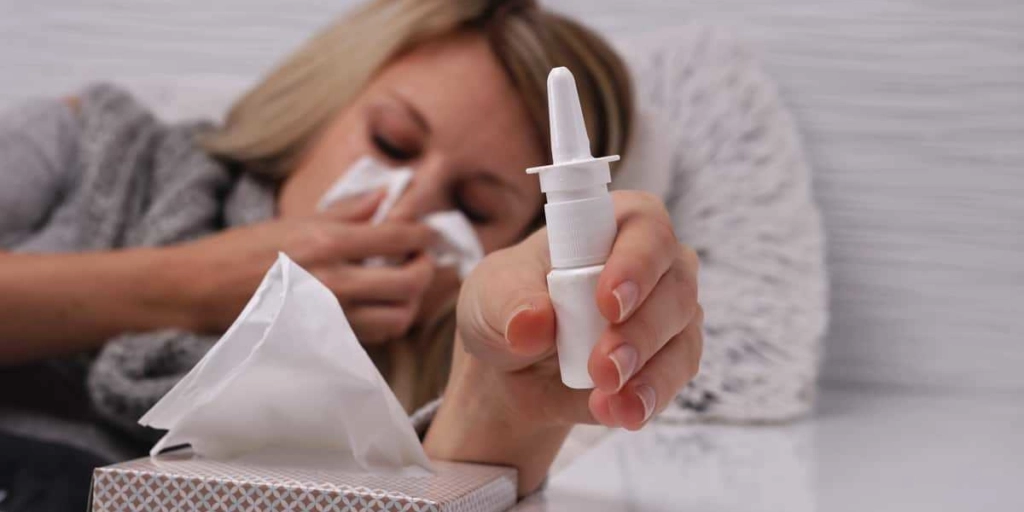Introduction:
The common cold, also known as a viral upper respiratory tract infection, is a prevalent illness that affects millions of people every year. One of the most common symptoms of a cold is the sniffles, which refers to a runny or stuffy nose. In this article, we will discuss what causes the sniffles, how it differs from other types of nasal symptoms, and the various ways you can manage the sniffles to alleviate discomfort and speed up your recovery.
Causes of the Sniffles:
The sniffles occur when the blood vessels in the nasal cavity become inflamed due to a viral infection. This inflammation causes the blood vessels to dilate, leading to increased blood flow and fluid leakage into the surrounding tissues. As a result, the nasal passages become congested, and excess mucus production occurs, leading to a runny nose.
It’s important to note that the sniffles are not the same as a sinus infection, which occurs when the sinuses become infected and inflamed. Sinus infections can cause similar symptoms, such as a stuffy or runny nose, but they typically last longer and are accompanied by other symptoms such as facial pain and pressure.
Managing the Sniffles:
While the sniffles are not usually serious, they can be uncomfortable and disruptive to daily life. Fortunately, there are several ways you can manage the sniffles to alleviate symptoms and speed up recovery.
- Stay Hydrated: Drinking plenty of fluids is essential when you have the sniffles. Fluids help to thin out mucus, making it easier to expel from the body. Aim to drink at least eight glasses of water per day, and avoid caffeinated or sugary drinks as they can be dehydrating.
- Use a Saline Nasal Spray: Saline nasal sprays are an excellent way to alleviate congestion and reduce the severity of the sniffles. The saline solution helps to thin out mucus and moisturize the nasal passages, making it easier to breathe.
- Use a Humidifier: Adding moisture to the air can help to reduce nasal congestion and alleviate the sniffles. A humidifier is an excellent tool for adding moisture to the air in your home, especially during the winter months when the air tends to be dry.
- Get Plenty of Rest: Rest is essential when you have the sniffles. It allows your body to focus on fighting off the viral infection, which can help to speed up recovery time. Aim to get at least 7-8 hours of sleep per night, and try to take it easy during the day.
- Over-the-Counter Medications: Over-the-counter medications such as decongestants, antihistamines, and pain relievers can help to alleviate the symptoms of the sniffles. However, it’s essential to follow the instructions on the packaging carefully and avoid overusing these medications as they can have side effects.
Preventing the Sniffles:
Prevention is always better than cure, and there are several steps you can take to prevent the sniffles from occurring in the first place.
- Wash Your Hands: The most effective way to prevent the spread of cold viruses is to wash your hands regularly. Be sure to use soap and water and scrub your hands for at least 20 seconds.
- Avoid Touching Your Face: Cold viruses can enter your body through your nose, mouth, or eyes, so it’s essential to avoid touching your face as much as possible.
- Stay Home When You’re Sick: If you’re feeling unwell, it’s important to stay home to prevent the spread of the virus to others. This is especially important if you work in a public-facing job or around vulnerable individuals such as the

